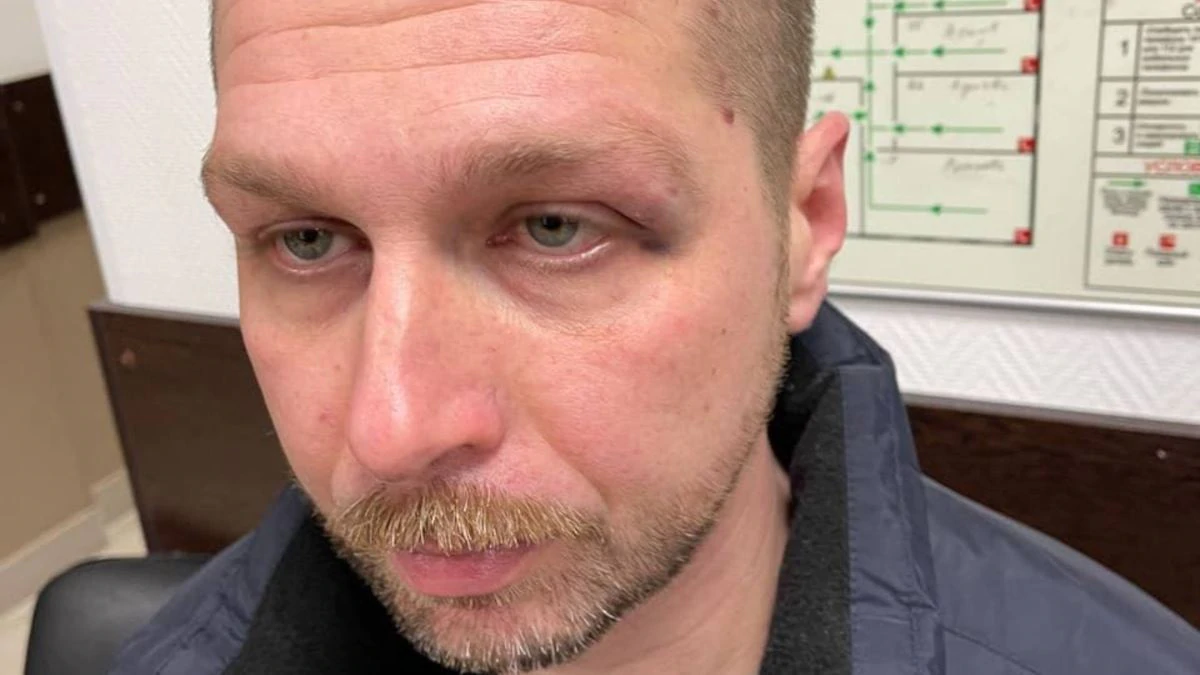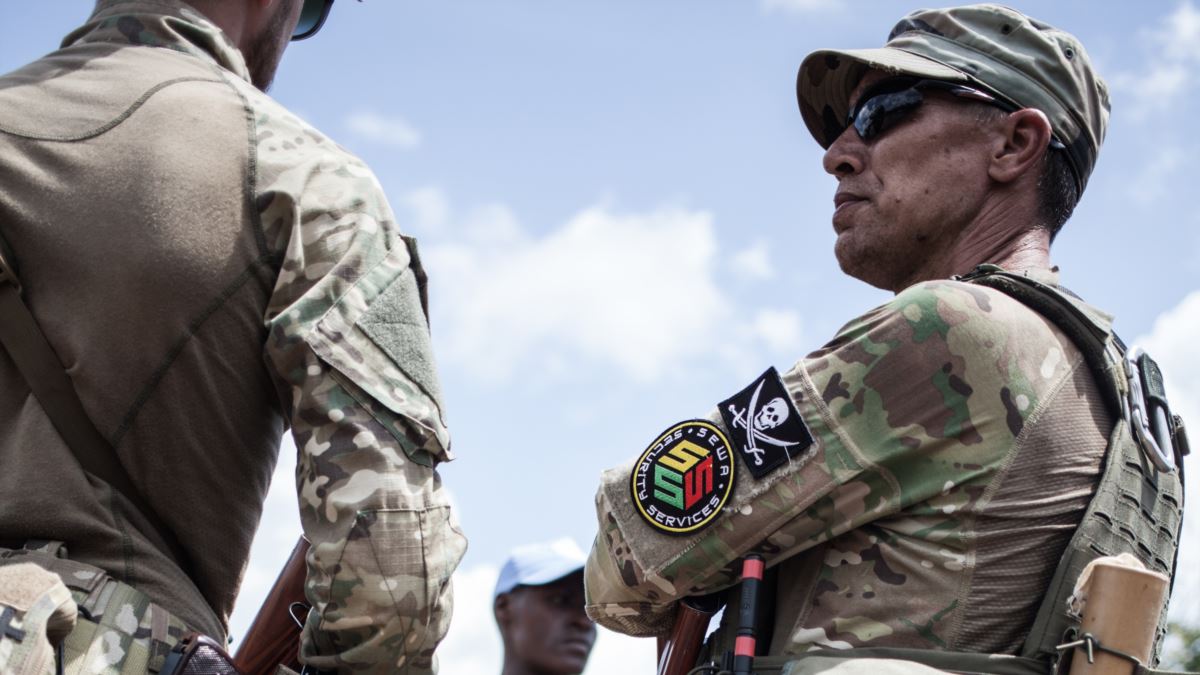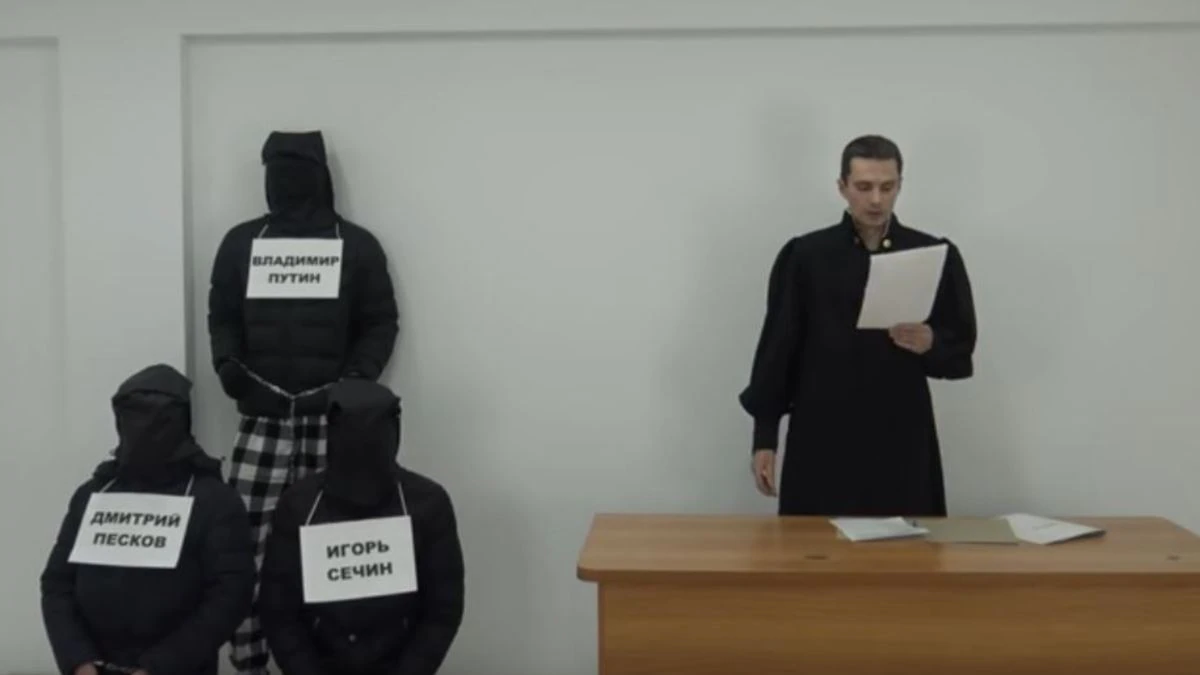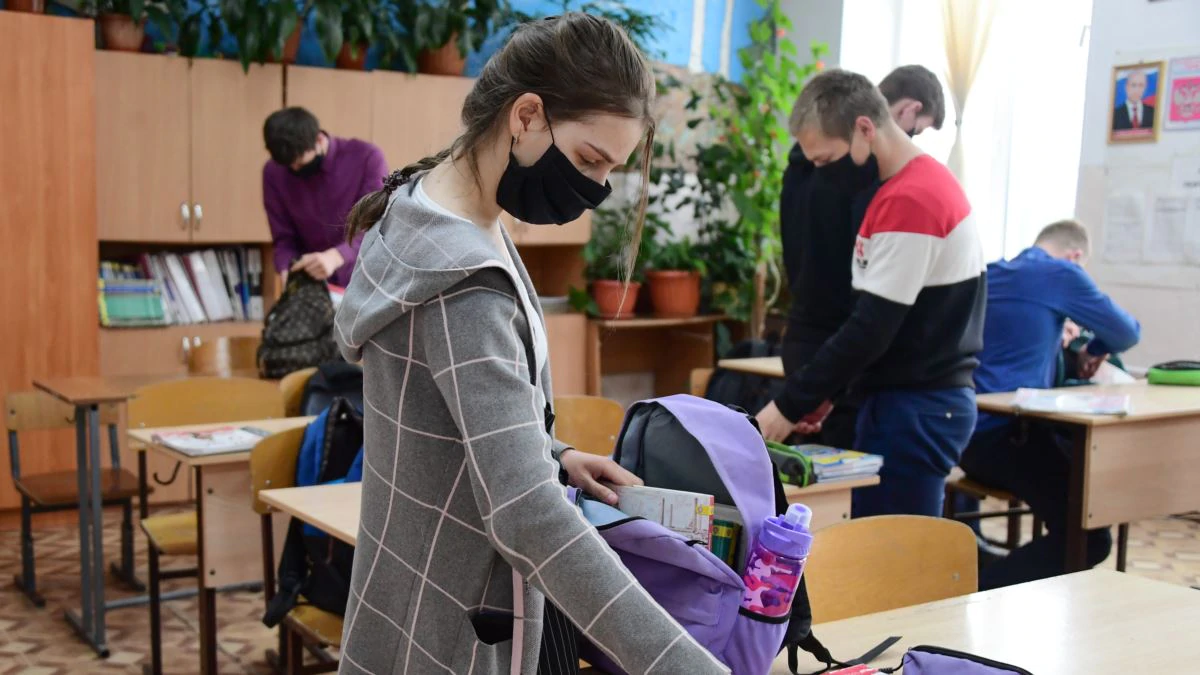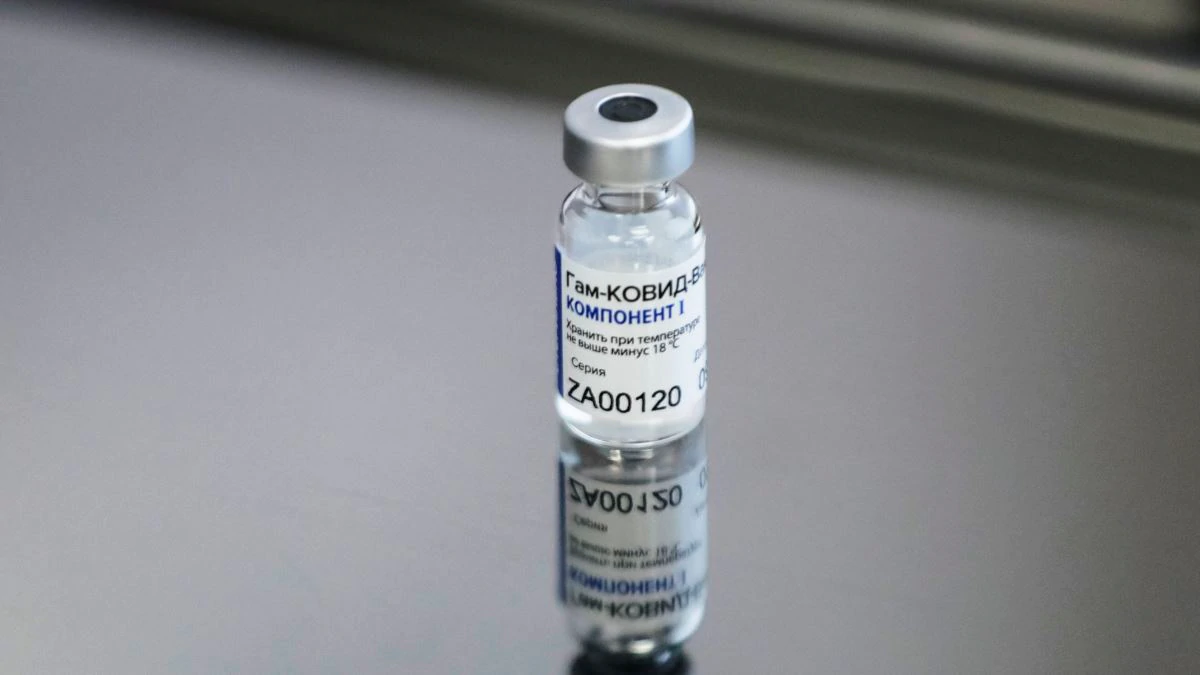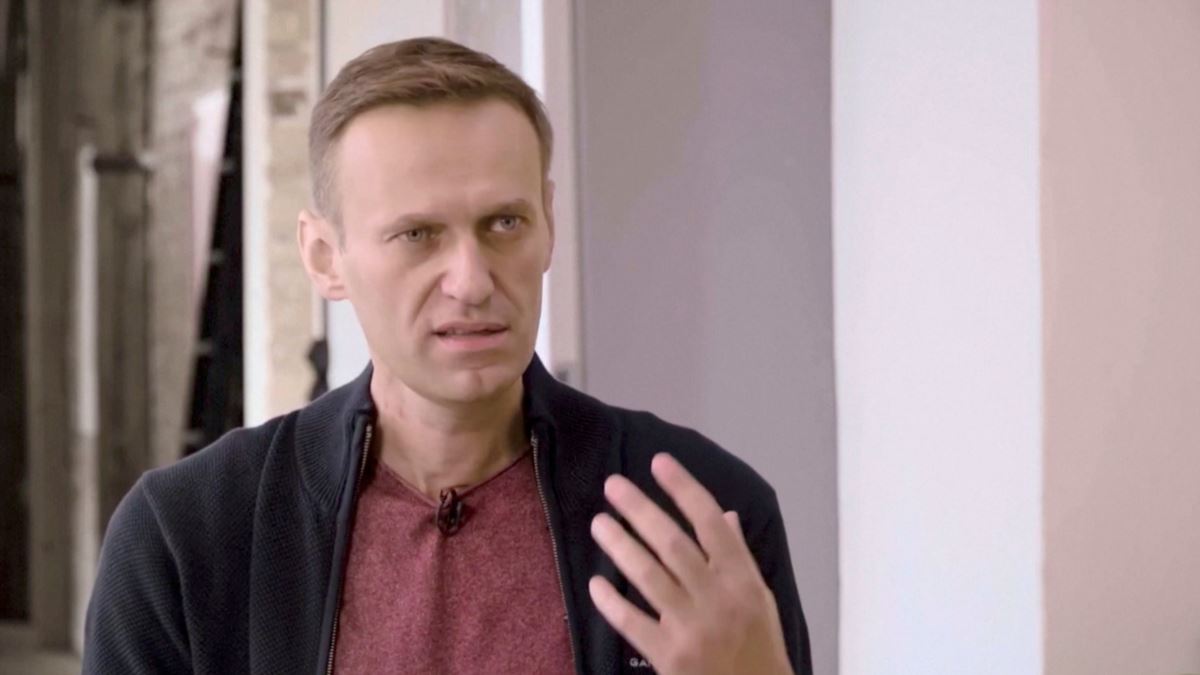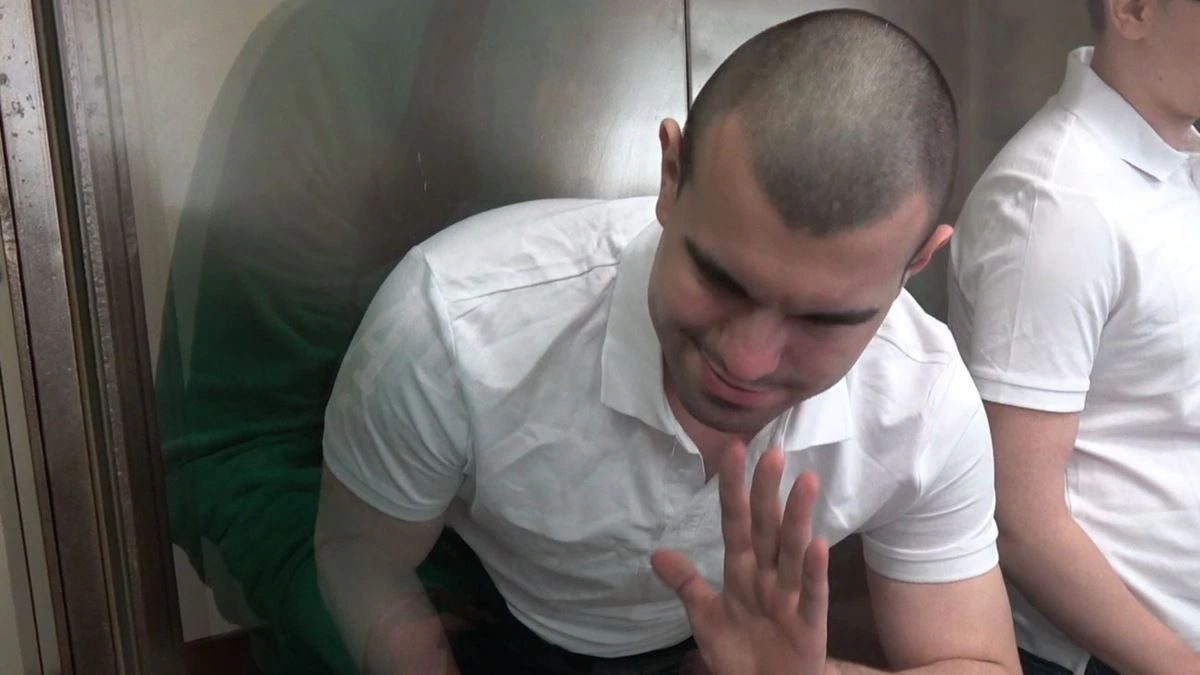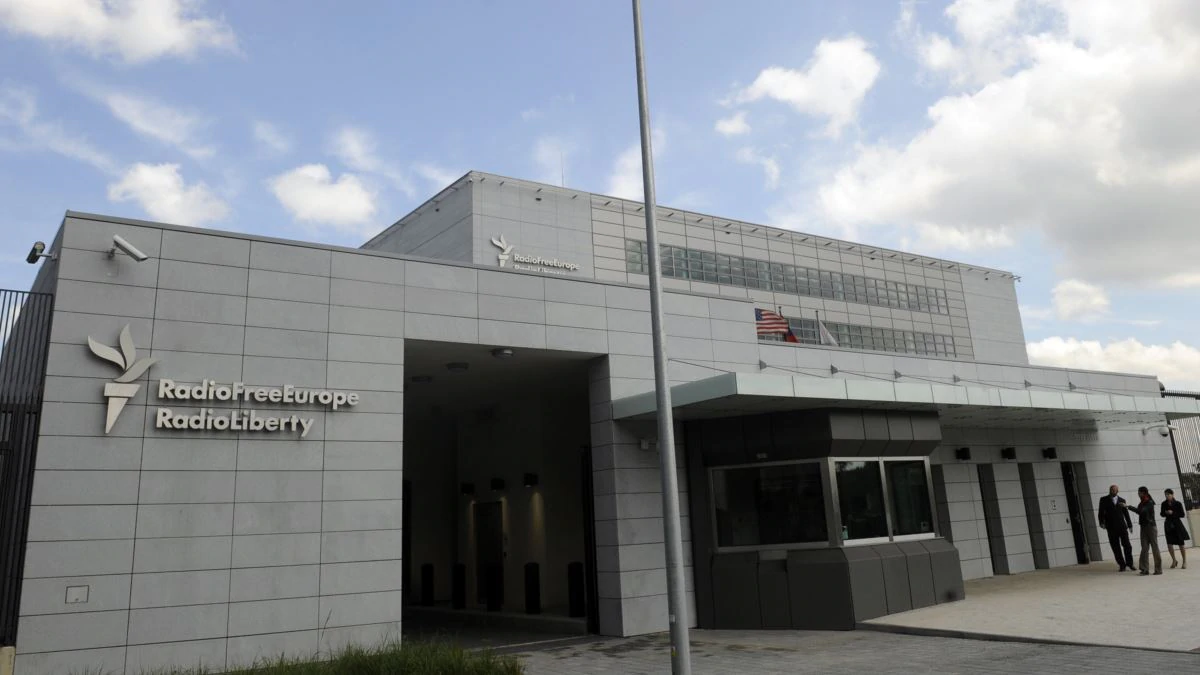
The United States has added its condemnation to the detention of Russian opposition politician Aleksei Navalny as he arrived in Moscow from Germany.
U.S. Secretary of State Mike Pompeo in a statement on January 17 also demanded the “immediate and unconditional release” of the Kremlin critic and said Navalny “is not the problem.”
Pompeo said the United States noted Navalny’s detention with “grave concern,” calling it “the latest in a series of attempts to silence Navalny and other opposition figures and independent voices who are critical of Russian authorities.”
Pompeo added that confident political leaders “do not fear competing voices, nor commit violence against or wrongfully detain political opponents” and urged the Russian government to provide a level playing field for all political parties and candidates.
He said the Russian people “deserve a government that supports an open marketplace of ideas, transparent and accountable governance, an independent judiciary, and the ability to exercise their basic human rights of speech and assembly without fear of retribution.”
Earlier on January 17, the incoming administration of President-elect Joe Biden called for Navalny’s immediate release and that “the perpetrators of the outrageous attack on his life must be held accountable.”
“The Kremlin’s attacks on Mr. Navalny are not just a violation of human rights, but an affront to the Russian people who want their voices heard,” Jake Sullivan, Biden’s incoming national security adviser, said in a tweet.
Navalny arrived in the evening on January 17 in Moscow from Germany, where he was being treated after being poisoned in Siberia last August and was promptly detained by law enforcement authorities at the airport.
The detention sparked immediate outrage from European governments and human rights organizations.
European Council President Charles Michel called the apprehension of the opposition politician “unacceptable” and demanded his immediate release.
“The detainment of Alexei Navalny upon arrival in Moscow is unacceptable,” Michel, who coordinates EU governments in Brussels, said in a tweet. “I call on Russian authorities to immediately release him.”
The 44-year-old Kremlin critic, who Amnesty International called a “prisoner of conscience,” was poisoned last summer by what tests at Western laboratories showed was a Novichok nerve agent. He was flown to Germany for emergency medical care after being poisoned.
Navalny, who has been jailed numerous times in Russia for organizing and leading anti-government protests, blames the poisoning on Russian authorities. Moscow denies any involvement.
The poisoning, which was similar to the near-fatal attack on Russian double-agent Sergei Skripal and his daughter, Yulia, in 2018 in the English city of Salisbury, drew wide international attention, as did Navalny’s planned return after Russia’s prison authority warned it Navalny could be jailed for 3.5 years for allegedly flouting the terms of a suspended prison sentence.
In a joint statement upon the news of Navalny’s detention, the Baltic states of Lithuania, Latvia, and Estonia — all former Soviet republics — issued a call for the “imposition of restrictive measures” against Moscow.
Lithuanian Foreign Minister Gabrielius Landsbergis added in a tweet that the detention of Navalny “by the Russian authorities is completely unacceptable. We demand his immediate release.”
“(The) EU should act swiftly and if he is not released, we need to consider imposition of restrictive measures in response to this blatant act,” he added.
Czech Foreign Minister Tomas Petricek called Navalny’s detention a “politically motivated” action and said he was being held “for his views, not what he was formally accused of.”
Polish Prime Minister Mateusz Morawiecki also called for “a swift and unequivocal response at the EU level” if Navalny is not released.
France’s Foreign Ministry said it “takes note with great concern of the arrest” and called for Navalny’s immediate release.
Italy’s foreign minister also called for Navalny’s immediate release.
“The arrest of Navalny on his arrival in Russia is a very serious matter, which concerns us. We ask for his immediate release. And we expect his rights to be respected,” Luigi Di Maio said on Twitter.
With reporting by Current Time and RFE/RL’s Russian Service
This post was originally published on Radio Free.



